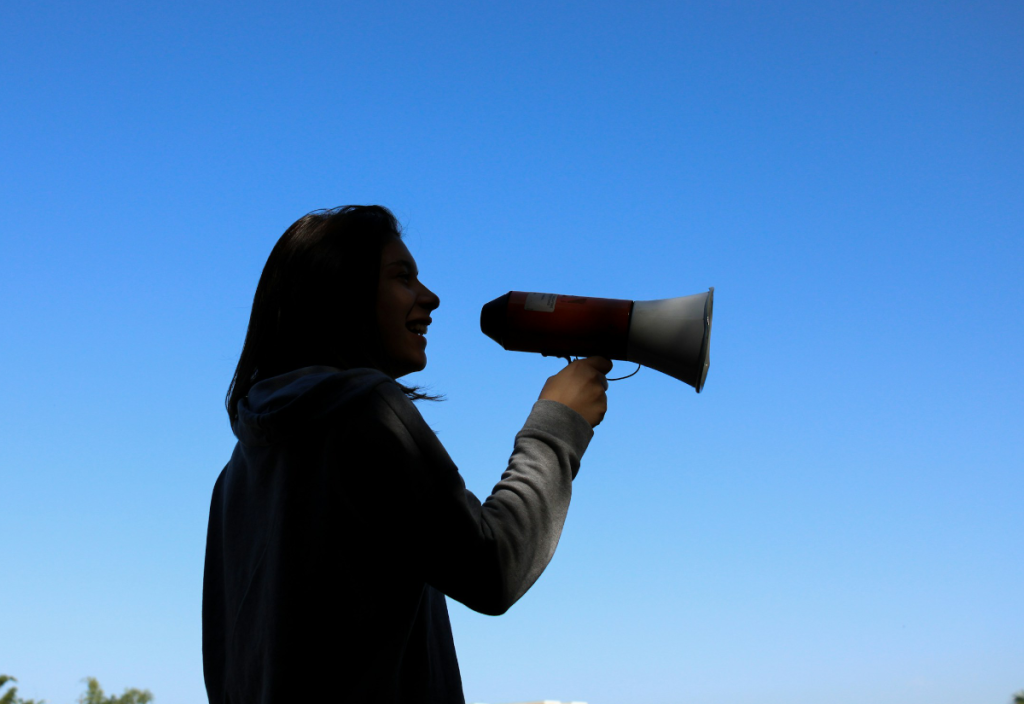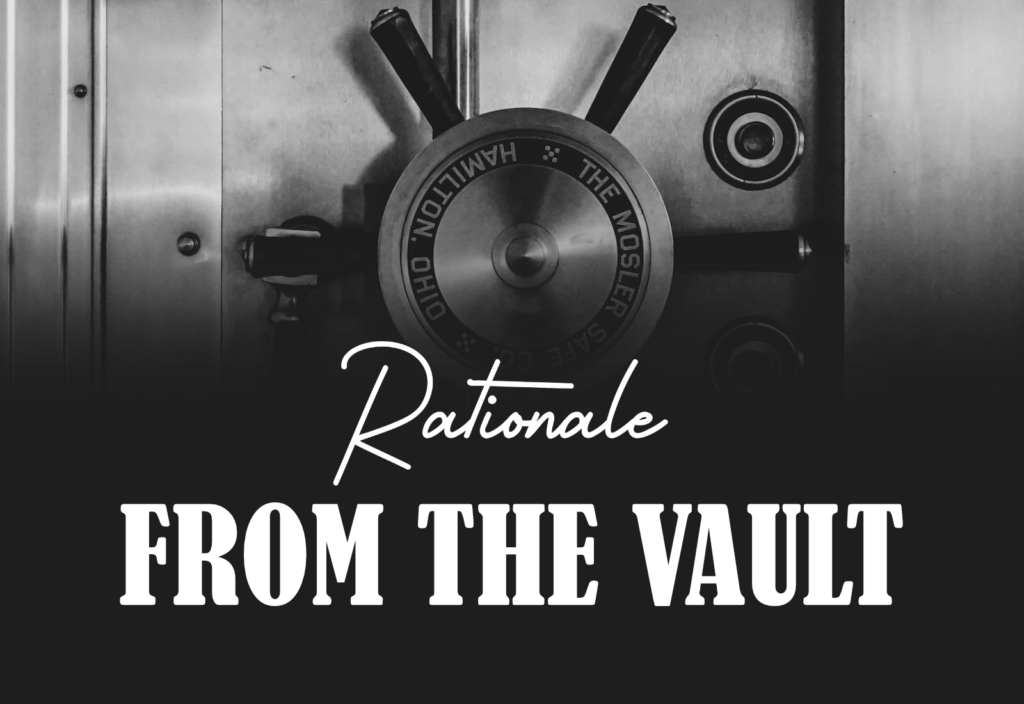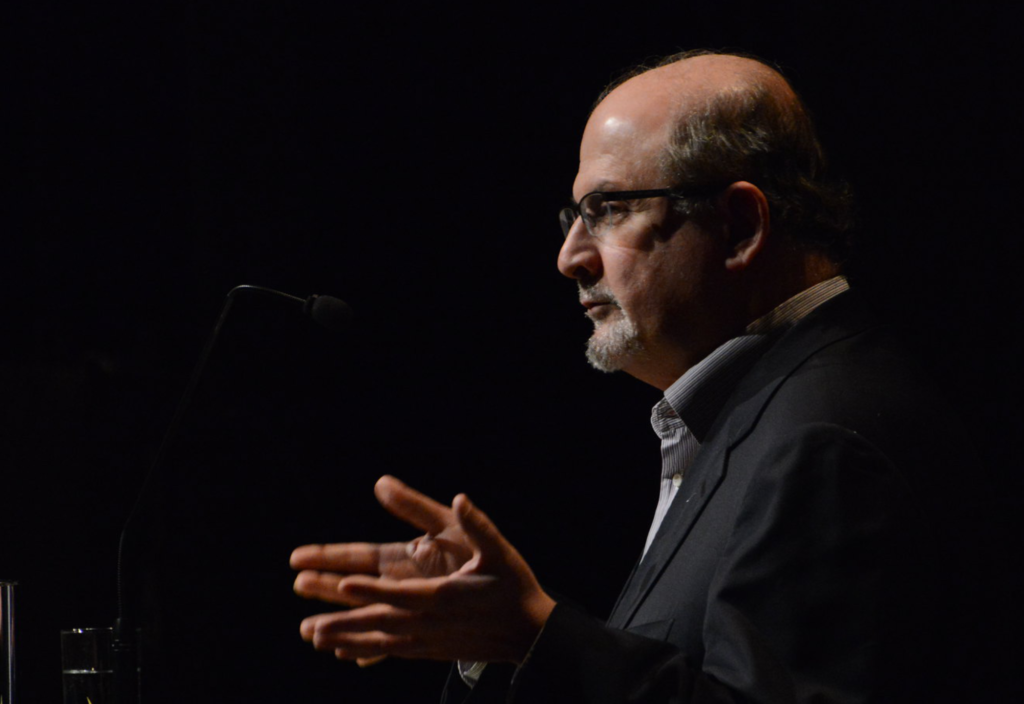The recent decision of the major law firm MinterEllison to sever ties with the Adelaide Festival because it invited two Palestinian writers whose views the firm finds objectionable is one of many recent examples of ‘cancel culture’.
In Australia, they also include promoters cancelling tours of bands accused of far-right sympathies, and of bands cancelling themselves because of other acts’ alleged sexism, racism, transphobia, violence and other behaviours.
These expressions of outrage serve to proclaim one’s position on an issue, of what one is opposed to, which is generally some purported harmful view/s or action/s. As such, they have symbolic significance.
However, they may also have material consequences, as seen with the Adelaide Festival, which has been financially ‘punished’ because of its inclusion of the alleged ‘offenders’. Three other writers have also withdrawn from the event, with one, Marie Tumarkin, providing a public statement justifying their decision.
Cancelling may also be accompanied by a ‘pile-on’ where a large group attacks the ‘perpetrator’. Typically, this takes the form of social media-based (often Twitter) pile-ons, which have sometimes caused harm to the targets.
People have strong views on cancel culture, either supporting or objecting to the practice. But thus far there has been little debate about exactly what cancel culture is, where it originated, and what this might mean for how one should respond.
‘Cancel culture’ has been defined as: “The popular practice of withdrawing support for (cancelling) public figures and companies after they have done or said something considered objectionable or offensive”.
While similar practices existed in the past, including in universities that pride themselves on ‘freedom of speech’, ‘cancel culture’ has been enabled by a particular set of historical and political conditions.
It came into being in the late 2010s and early 2020s, when it gained impetus with the #MeToo movement and Black Lives Matter Movement. Pandemic conditions, including widespread reliance on digital media during lockdowns, along with increased inequalities and polarisation during this period, appears to have turbocharged the practice.
While public figures (such as celebrities) or companies are often the targets of cancel culture, they may use their profile and influence to cancel others, as seen in the examples cited at the outset of this article.
What the above definition overlooks is that the practice also arises among ordinary citizens who form communities based on shared interests or identities. These communities are ’emotional communities’, in that members share common affective experiences and may express their emotions in similar ways.
As the above definition explains, cancel culture is generally performed on social media and expressed via group shaming.
While similar practices existed in the past, including in universities that pride themselves on ‘freedom of speech’, ‘cancel culture’ has been enabled by a particular set of historical and political conditions.
Sociologists, notably Erving Goffman, and other scholars have had much to say about the social function of shame. Shame has been described as a “master emotion of everyday life” that increasingly has come to replace physical punishment as a form of social control, and, while ever-present in all human interaction, is mostly invisible, since it is taboo. Simply put, it is unacceptable to feel shame.
Social media enables public shaming to occur on a scale unimaginable in the past. It may also be more destructive and enduring given that information lingers on the internet.
Shaming serves to stigmatise and marginalise the targeted individuals or groups, who may then internalise this shame. But it can also lead to those who are stigmatised and marginalised to organise and react, sometimes violently.
One of the surprising aspects of cancel culture is that it often arises in communities that proclaim tolerance and/or call for others to be tolerant towards them. This includes those that have been subjected to discrimination and/or oppression in the past.
In a recent, highly-publicised UK example, a University of Sussex philosopher and ‘gender-critical’ feminist, Kathleen Stock, was ‘cancelled’ for opposing transgender self-identification regarding proposed reforms to the 2004 UK Gender Recognition Act. The proposed reforms would have removed the requirement for a diagnosis for gender dysphoria to certify recognition of an acquired gender. As it happened, the reforms were not implemented.
Stock had argued against the reforms on the basis that “many trans women are still males with male genitalia, many are sexually attracted to females, and they should not be in places where females undress or sleep in a completely unrestricted way”.
While Stock has been reported as saying that she “vehemently denies that she opposes trans rights”, and has made other statements in support of trans rights, a group of students describing themselves as queer, trans, and non-binary campaigned to have Stock fired. Stock subsequently resigned from the university in 2021.
This case and other cases show the great harm that may result from the intolerance and shaming associated with cancel culture.
Such practices may shut down debate and undermine deliberation on important issues. The cases also point to the role of social media in both creating echo chambers of self-reinforcing views, and distributing information that may cause harm. More broadly, they reveal the deeply polarised nature of contemporary public discourse.
What’s urgently needed today is more informed, less inflammatory deliberation on the conditions that will promote acceptance of differences of identities and views, so long as the latter don’t cause harm to others. The question of what is ‘harmful’ is, of course, not always straightforward, and thus should be part of the deliberation.
Such deliberation needs to occur without resorting to fruitless and circular arguments about ‘freedom of speech’, which can mean the freedom to abuse others and/or shut down debate.
Being open to listening to, and respectively disagreeing with, others whose views one does not share will help engender greater understanding of why others hold particular views, even if one does not end up agreeing with them.
This article was originally published by Monash Lens.
Photo by Akshar Dave on Unsplash.













